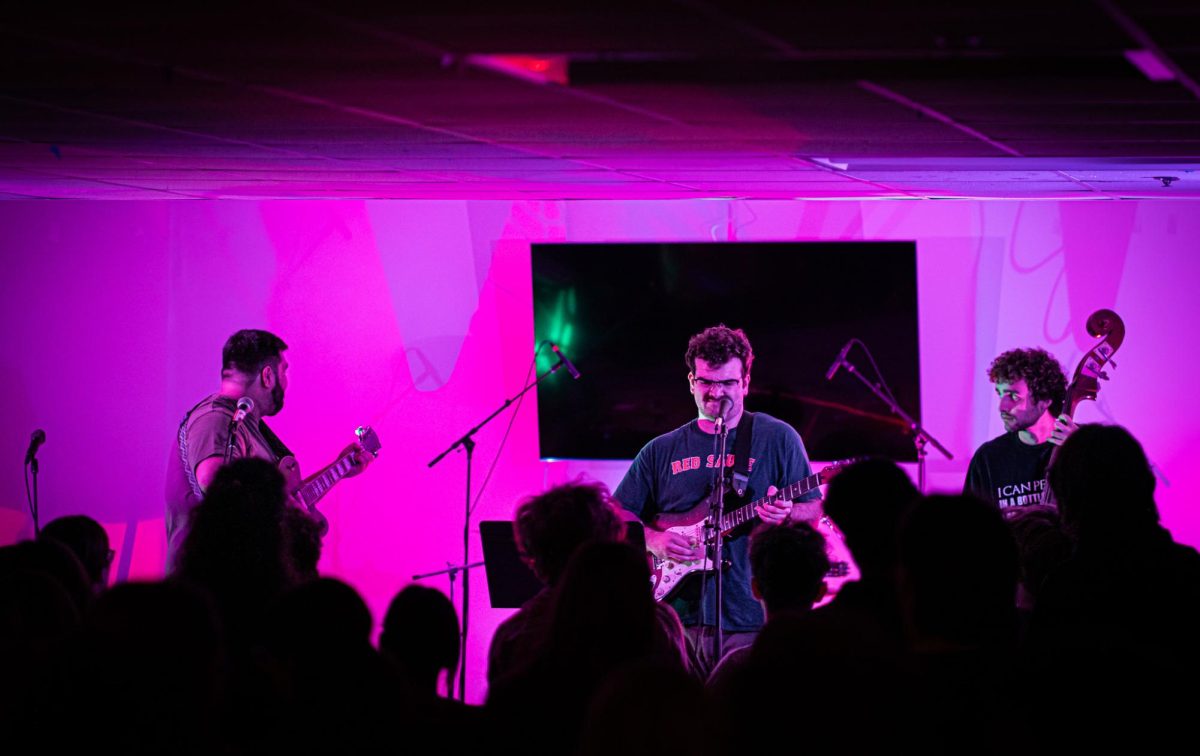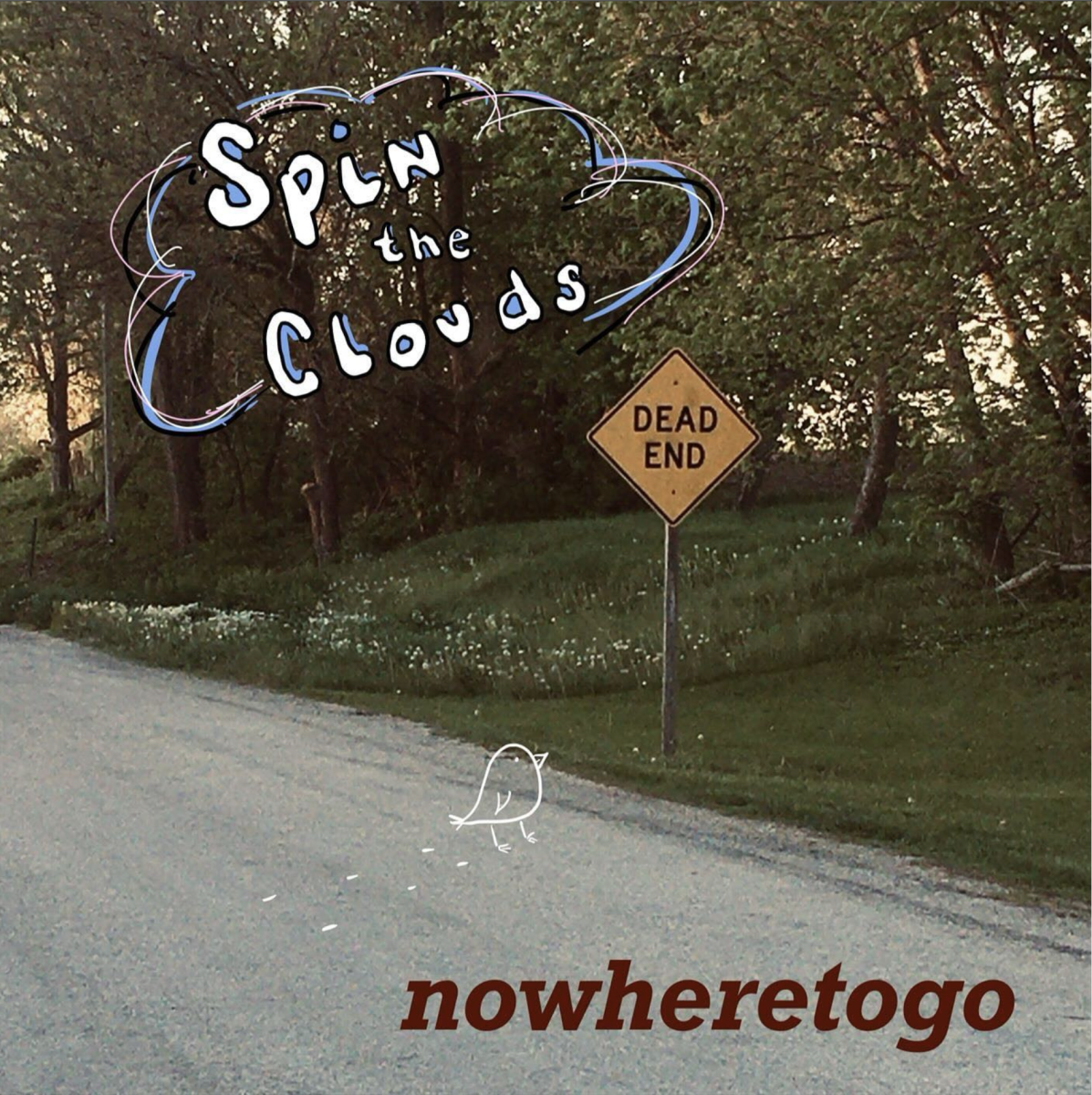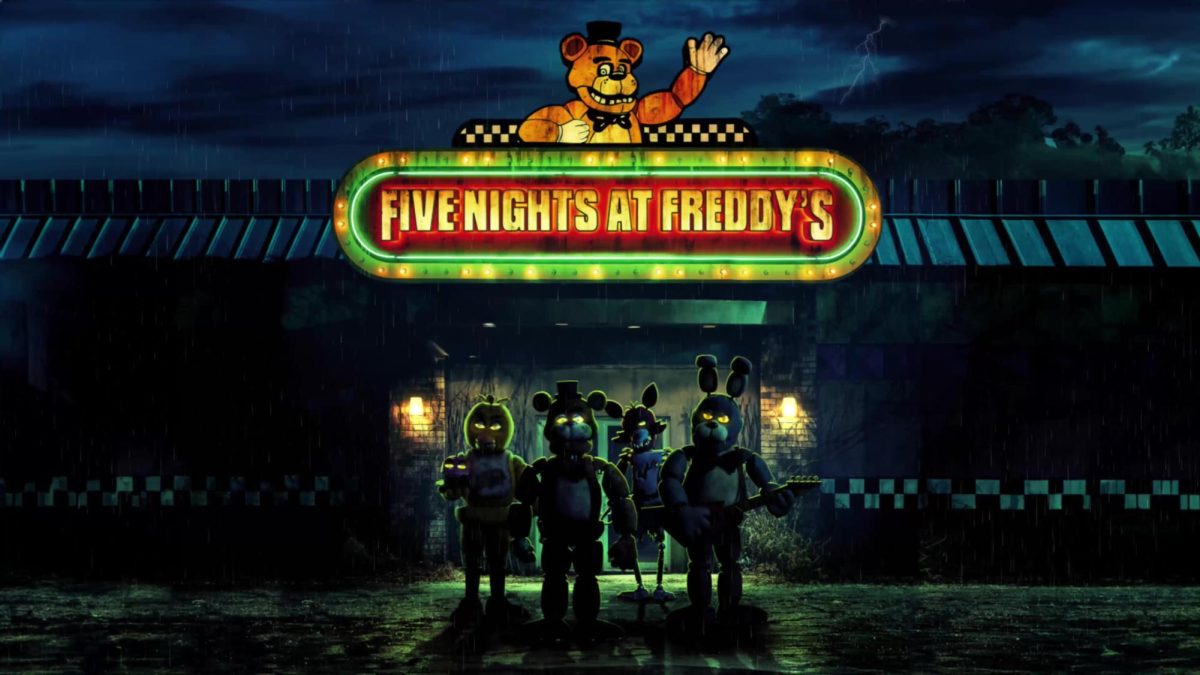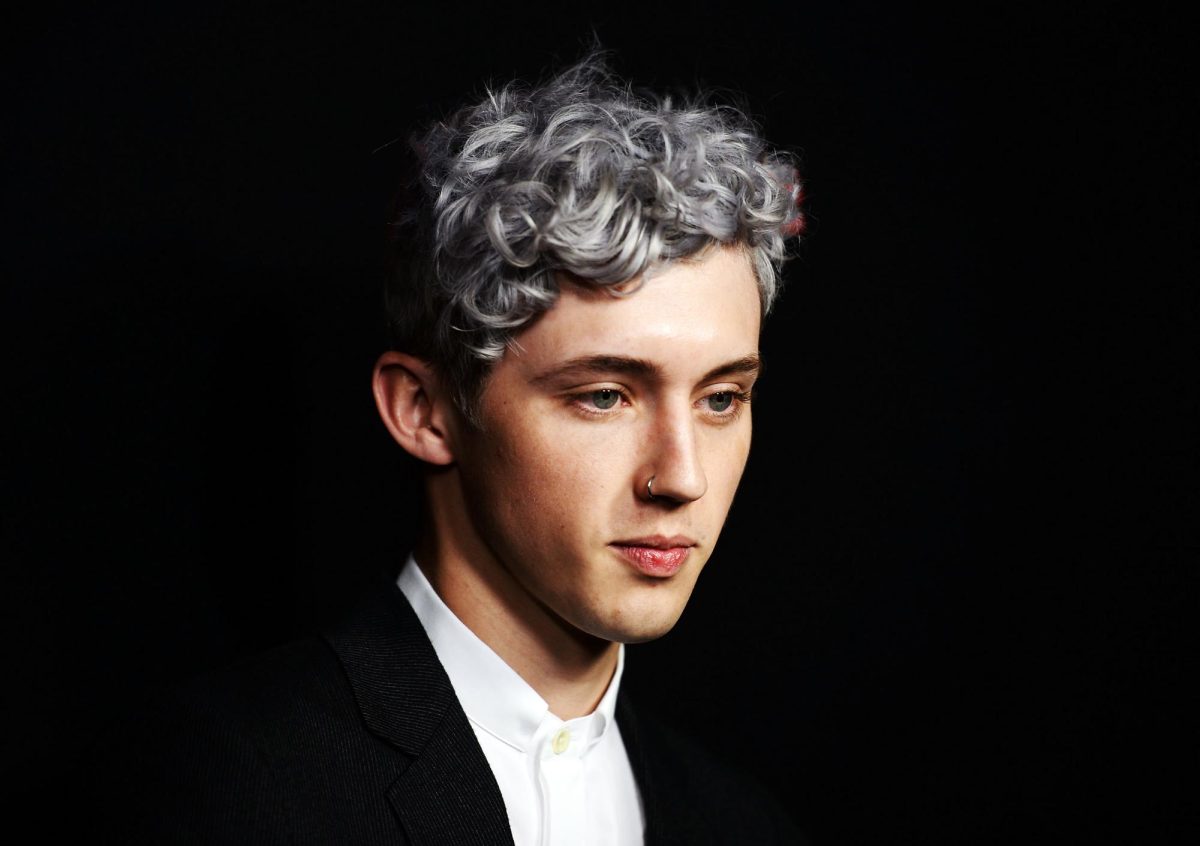Given how extreme my last two reviews have been, this week I decided to take a break from the big screen and review a TV show instead. After several days of weighing the pros and cons of Netflix’s “Avatar: The Last Airbender,” I have landed on an S&Critic score of 71%, situating the new hit series in the “Good” category.
The casting is hot and cold. Despite employing talented actors, including Dallas James Liu as Zuko and Daniel Dae Kim as Ozai, the acting felt flat and overdramatic for most of the season’s run. The characters are accurately portrayed, and the casting and costuming decisions display an obvious respect for the source material. However, the full charm and authenticity of many of the characters is lost in live action — Aang loses his airy, cheerful personality, Zuko seems more on the border of crying rather than rage, Katara is simply dull and even Uncle Iroh seems more to be playing at wisdom than actually wise. The acting isn’t poor per se, but the direction needed to turn more to the source material to accurately reflect the characters’ full personalities.
The actors are energetic, but they are cartoonish in a way that even the Nickelodeon counterpart is not. Many pieces of dialogue are delivered so dramatically, that as a viewer, I ultimately lose the stake I have in the protagonist’s struggles because every obstacle is treated with the same importance. There are not many moments of respite for the characters to take a break and act like the children they are playing.
At heart, my critique of the show lies in its storytelling and pacing. The show attempts to do justice to the source material by inserting or combining many of the events from the cartoon. In live action, this results in compact, endlessly fast-paced overly mature episodes that don’t spend enough time on each of the adventures of Aang and his friends to derive emotional weight. The same goes for the themes. The show lends more focus to the actual erasure of the Air Nation and the larger politics. This means that the character-defining events, such as Katara dealing with engendered social norms, are not given as much attention. Where the cartoon’s approach was to provide nuanced dialogue and story through smaller episodes aimed at children, the live-action version does the opposite by giving flat dialogue, straightforward conflicts and a rushed story intended for adults.
The visual effects are mostly immersive. The CGI was shockingly detailed and fleshed out throughout the entire show, with the exception of some of the water. The fight choreography was spectacular, combining elemental CGI with physical movements straight from the cartoon. Liu’s Zuko particularly stands out, with the actor incorporating his own martial arts background to create a fluid and powerful fighting style. From the creatures to the machines, the visual effects team has outdone itself in creating a breathing, magical world. The only area where the visual effects are lacking is the costume designing. At times the costumes look very outlandish and as if they were made of cardboard, and the makeup was so shoddy at points that characters look like they had chunks of brightly colored fur plastered to their heads.
Overall, “Avatar: The Last Airbender” is an enjoyable homage for fans of the cartoon which, while not bad, is not especially great, either. It’s just — good. For those looking for a show that is interesting, uncomplicated and passes the time, “Avatar” is a visually appealing and fun viewing experience, despite not quite living up to the animated original.


























































Ricardo • Mar 5, 2024 at 10:48 am
I feel like this review captures everything, great take. I wish they had been braver and simply cut some of the main plot to make room for a slower pace, even if it risked ‘angering’ the fanbase (or just split season into two, full parts). And I don’t mind Zuko’s being more teary-eyed than fury, which may have been the actor’s stylistic choice. In the end, Zuko always was an emotionally sensitive kid. Katara though? They did her dirty.
What I worry is that shows like these are objectively not good — in the technical sense. But they get produced because Netflix just wants to keep viewers subscribed and they’re going to pay someone to create it regardless. We’re getting junk-food quality content: satisfying in the moment, but forgettable in the long run. I do think the creators tried their best to make a good show, and should be commended for their efforts, but they’re are obviously constrained by other factors.
Thank god shows like Blue Eye Samurai are still being made, but they feel like the exception sometimes.